Innovation and Inclusivity top of the Agenda at the World Road Congress in Abu Dhabi
The newest innovations in road and transport technology, as well as developing an inclusive road transport network for the people of determination, were among the key topics addressed as discussions between global experts and business leaders continued at the 26th World Road Congress Abu Dhabi 2019.
A wide range of professionals and experts offered their expertise in more than 15 sessions that explored ways on how to enhance the integrated infrastructure and prepare for the future challenges on the third day of the Congress which is taking place for the first time in the Middle East.
FIRST CONGRESS SESSION DEDICATED TO DISABILITY
During the first ever session to be held at the World Road Congress dedicated to disability-inclusive road transport, the Congress heard: “Building accessible roads is a matter of justice and common sense as well as investing in the future. Inclusion is not only a legal obligation; it is also an economic and social imperative that we need work together for.”
The comments came from Daniela Bas, Director of the Division for Inclusive Social Development (DISD) at the United Nations Department of Economic and Social Affairs (DESA) who spoke at the panel discussions. While urging transport infrastructure planners and engineers to change their mindset to help achieve inclusivity, she added: “In this day and age, transportation is the lifeline to access education, employment, healthcare and even social and community engagements.”
Charlotte McClain-Nhlapo, Global Disability Advisor of the World Bank Group, said: “It’s important to recognise that UN’s Sustainable Development Goal for sustainable cities and communities makes explicit reference to people of determination and the need to have accessible means of transport for people of determination.”
Mary Crass, Head of Institutional Relations and Summit for the International Transport Forum, Pan Haixiao, Professor of Urban Planning in the Department of Planning at Tongji University in Shanghai, Saeed Mohamed, Global Senior Transport Specialist at Islamic Development Bank and Claire Smith, Head of Transport Accessibility Policy of Transport Scotland also took part in the panel discussions explaining the importance of having a road network that is easily accessible for the disabled.
KEYNOTE – EMERGING MARKETS AND SUSTAINABLE DEVELOPMENT
In the keynote sessions of the day, Nazir Alli, Founder and Former Chief Executive Officer of South African National Roads Agency (SANRAL) and Guangzhe Chen, Global Director of Transport Global Practice Regional Director, South Asian Infrastructure Department of World Bank, addressed delegates.
Speaking on the topic ‘Enhancing infrastructure for social cohesion and trade in Africa’, Alli
said: “The roads in Africa are taken for granted without acknowledging their vital contribution to security, safety, economic growth and social development. Across the highway network across the region, approximately 47 per cent is paved yet maintenance remains a problem due to rain or hazardous items like rocks and sand.
“It is important to get the basics right – contextualised policies, a capable workforce as well as pursuing smart strategies with direct external partners in the development of Africa’s infrastructure.”
Chen focused on the need of sustainable investment in the transport industry to deal with present and future challenges, especially as the population is projected to increase by 1 billion worldwide by 2030.
He said: “The demand for transport solutions has grown rapidly and will continue to expand in the future. Rural and urban connectivity will drive the investment agenda of sustainable transport.
“At the same time, it will require sustainable approaches. Decisions today can lock-in countries and cities on a sustainable or unsustainable development path.”
AUTONOMOUS MOBILITY AND INNOVATIVE SOLUTIONS
The impact of the newest technological innovations on the road and transport industry proved a hot topic of discussion in Abu Dhabi.
Susanna Zammataro, Director General of the International Road Federation, addressed the issue of maximising the use of automated vehicles on the roads. She suggested that authorities must think about building roads that have sufficient space to cope with traffic demands and that private and public sectors must work together to plan infrastructure that harvests the benefits of automated vehicles on the roads.
With technology continuing to evolve, road professionals and experts are embracing the opportunities to reduce greenhouse gas emissions when electric cars finally hit the highways.
Annelie Nylander, Chief Strategist of International Affairs, Swedish Transport Administration and Miguel Caso Florez, Technical Director of PIARC presented findings from their study on whether Electric Roads Systems (ERS), which charge the vehicle while in motion, is the solution to the future.
The extensive report provided insight from researchers, vehicle manufacturers and energy providers, and found that freight industry vehicles and buses are most likely to be the first adopters of ERS while owners of private passenger cars are likely to charge at home to avoid public charging fees.
He also emphasised the importance of government support to maximise the use of the ERS and holding trial programmes.
He said: “We have to realise that ERS equipment will only be purchased if there is sufficient routes that are installed with the technology. And companies will only be willing to invest if there are a number of vehicles that have the equipment installed.
“Therefore, it is essential that we work with the governments to ensure the regulatory framework is flexible enough to adapt to new transport technologies and business models.”
In the foresight session on ‘Connected & Autonomous Mobility’, panellists asked whether our road networks are ready for these innovations. Experts from organizations at the forefront of automated vehicle research and technology such as PTV Group, TransAID, CoExist and MAP traffic management explored the digital and physical infrastructure considerations needed to integrate driverless cars with regular traffic.
Presenting the latest research, traffic models and test results, the panel explored how connected autonomous vehicles will increase the capacity of roads due to their ability to drive more closely together than human-driven cars. They also demonstrated traffic modelling which showed that governments and transport authorities should consider separate lanes for autonomous vehicles to improve efficiency and safety.
In the second Special Project Session of the day, Martin Lamb, Director of Maple Consulting Ltd, oversaw PIARC’s study that focused on building sustainable energy roads.
Tasked with investigating the potential to generate renewable energy in the highway environment and review the technologies that could contribute to ‘Positive Energy Roads’ (PER), Martin revealed the key findings and outcomes.
He said generating energy through solar and wind is best suited to PER and has the potential to contribute to the decarbonisation of road transport. However, he believes a transformational change would be required to advance PER and policies will need to be supported by legislations for successful implementation.

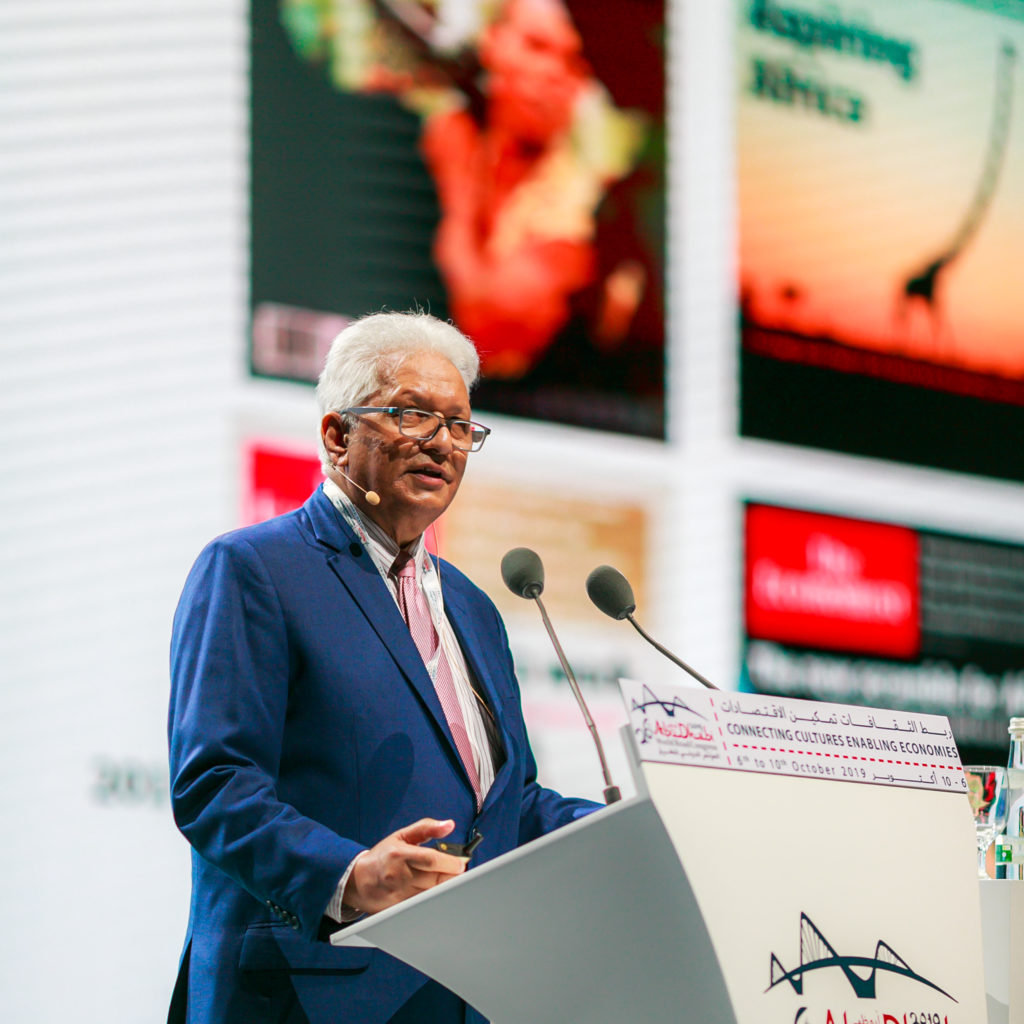


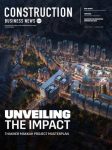

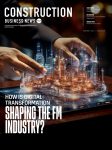
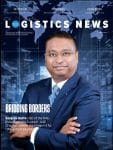
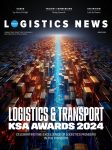
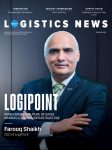

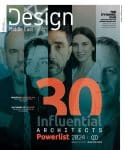
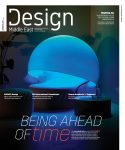









 Kuwaiti developer URC signs with Ahmadiah Contracting for the Commercial District development at Hessah AlMubarak
Kuwaiti developer URC signs with Ahmadiah Contracting for the Commercial District development at Hessah AlMubarak